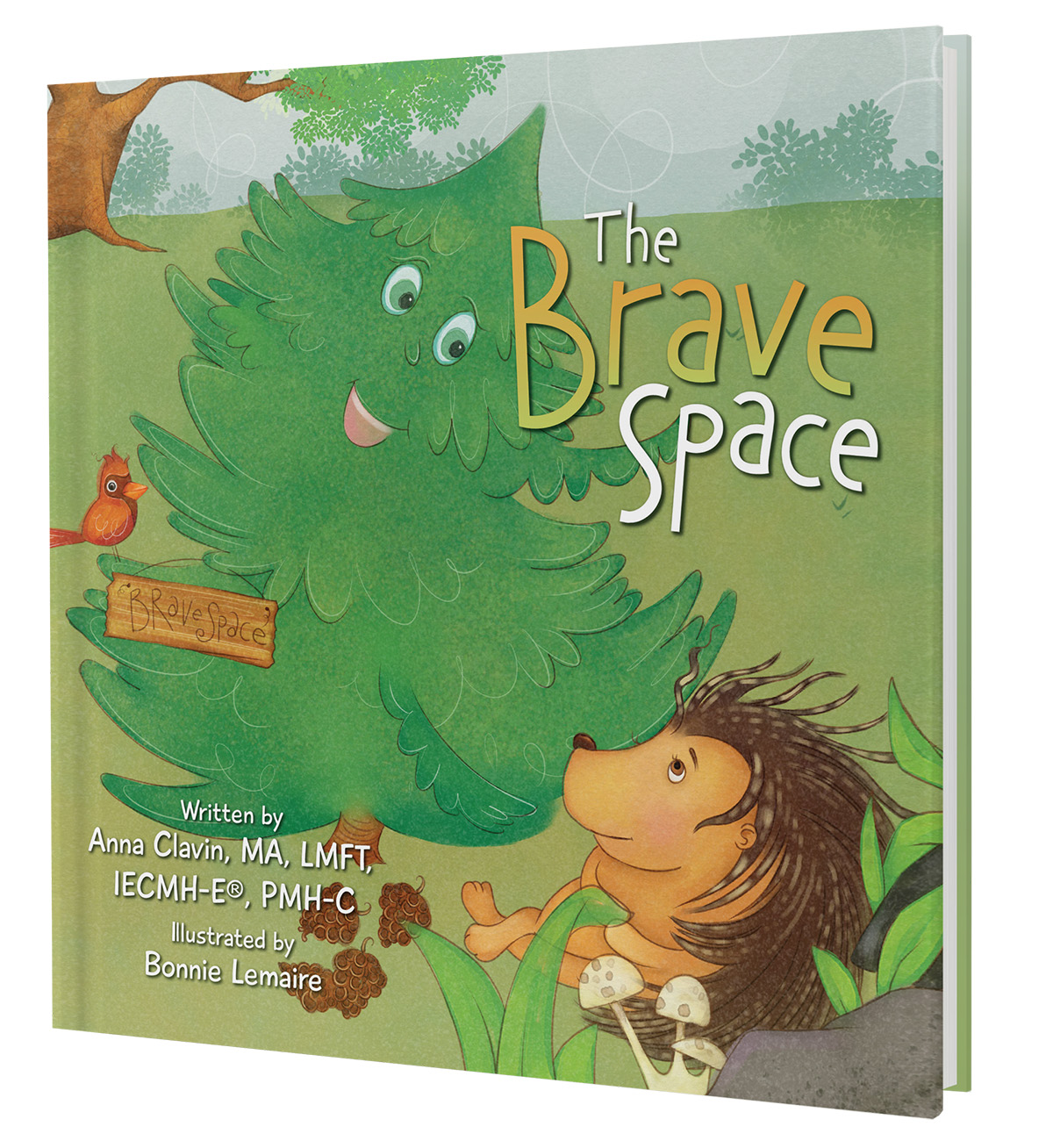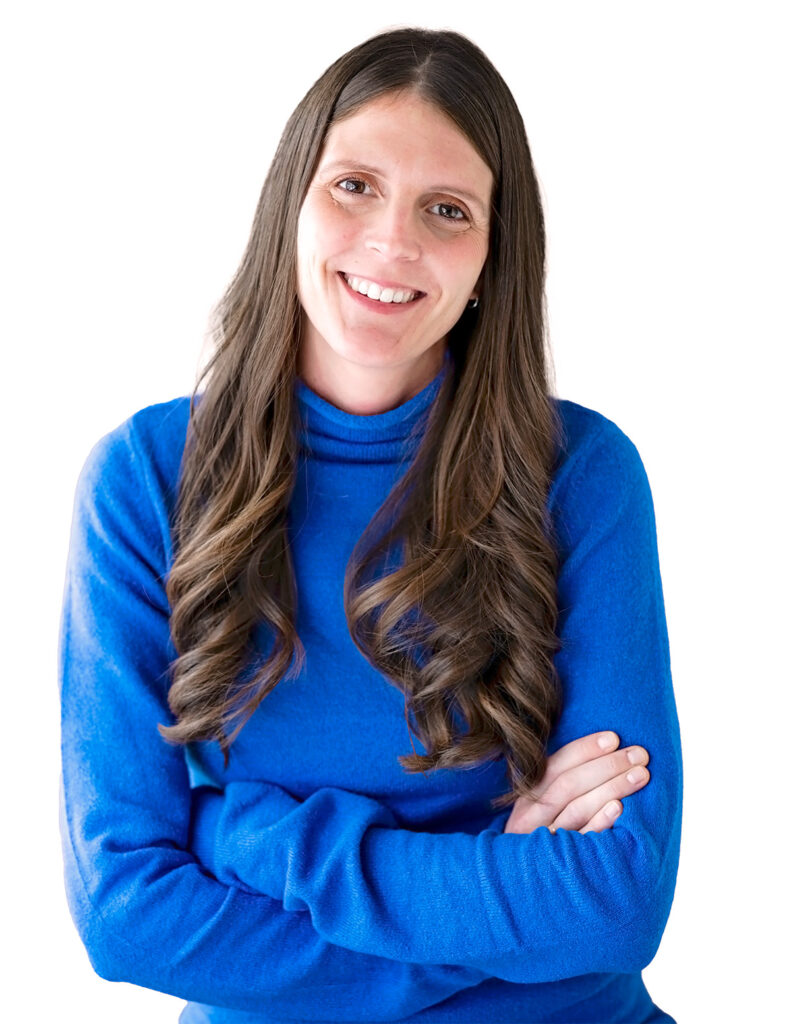Description
It’s true. One in 10 children and young people ages 5 to 16 years have a clinically diagnosable mental health problem, yet 70% have not had appropriate interventions. Why? Whether it’s shame, feeling embarrassed to ask for help, or simply not knowing what to say or do, their feelings can be overwhelming and lead to even greater vulnerabilities.
But the fact is, everyone has things they are dealing with, be it physical, emotional, or sensory. Some of these needs may be obvious. But, often, they are unfortunately hidden. Particularly for children, it’s important to encourage sharing feelings even when it’s hard to find the words.
In The Brave Space, you’ll meet Poda, a young porcupine who feels alone. Along his journey with the other animals, Poda learns that those around him do want to help but even they sometimes don’t know how to do it. He learns it s important to tell them what he needs. Importantly, he also learns that there is nothing ‘wrong’ with him. He’s special and unique with many friends just waiting for him to open the door to meaningful conversation. A Brave Space is all about creating a supportive environment in which people feel empowered to take risks, make mistakes, talk about feelings, and learn from one another.



Reviews
There are no reviews yet.